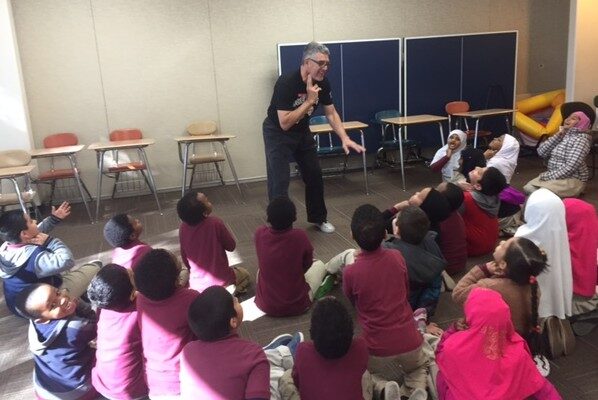The following statements are intended to form the philosophical framework for science instructional and curricular decisions. Many of the following principles, assumptions, and standards are derived from the National Science Standards.

Learning in the sciences is governed by the following principles:
Noor Academy of Arizona is a K to 8th grade Islamic school in Tempe, AZ. Our Mission is to help and guide our children achieve their academic, spiritual, intellectual, physical, mental, emotional and social potentials to serve Allah (SWT).
Noor Academy of Arizona
© 2025 All Rights Reserved